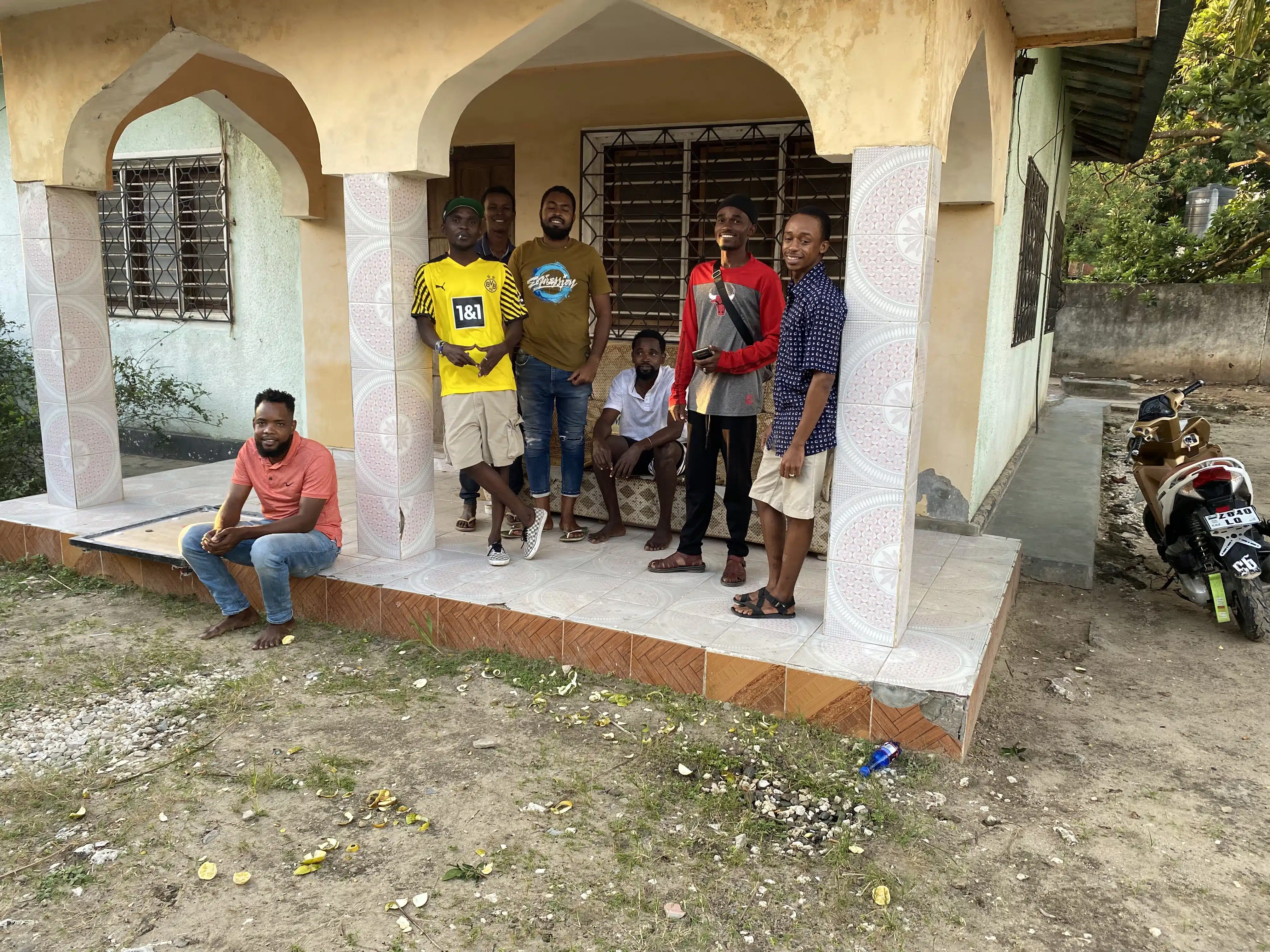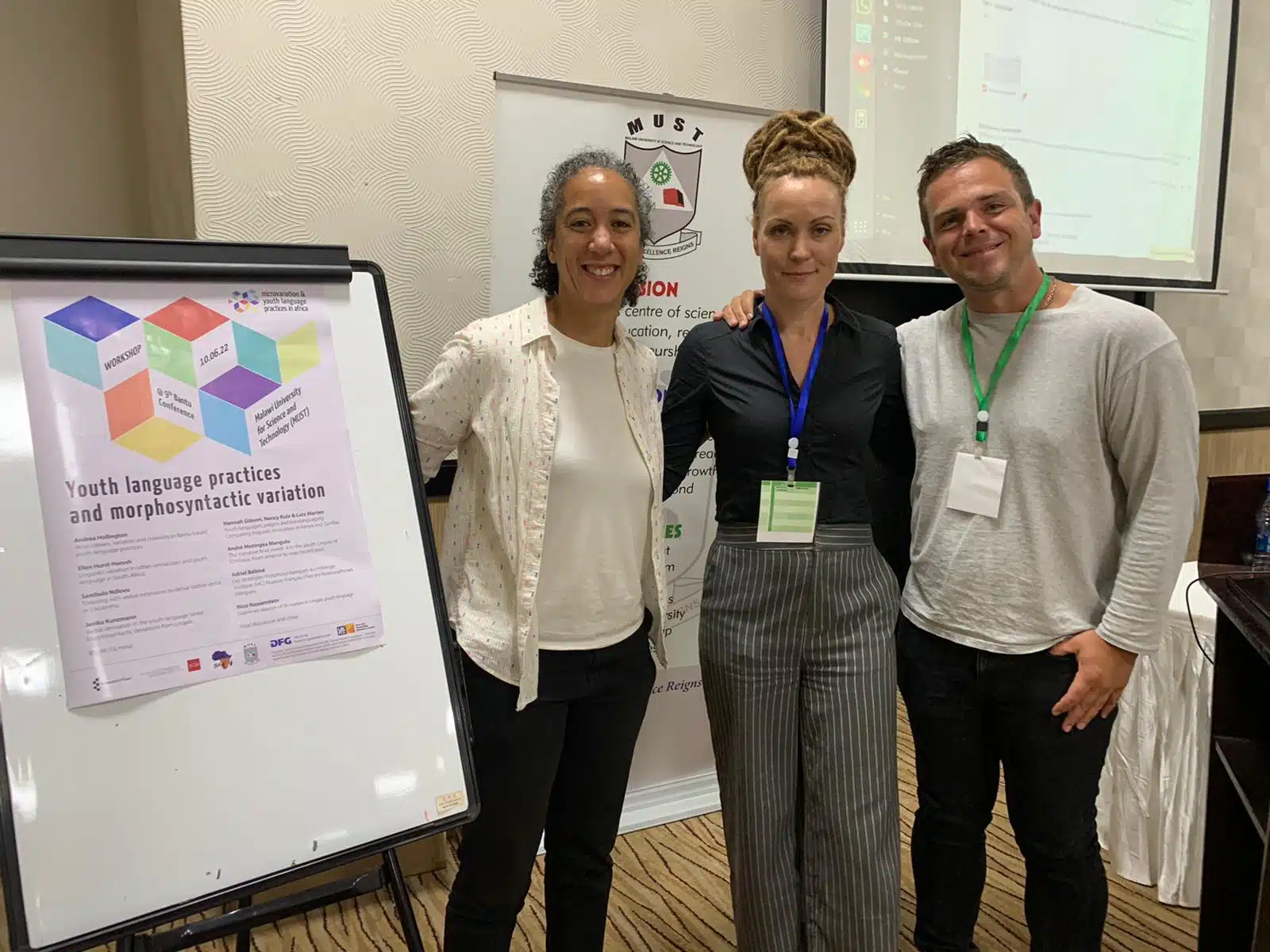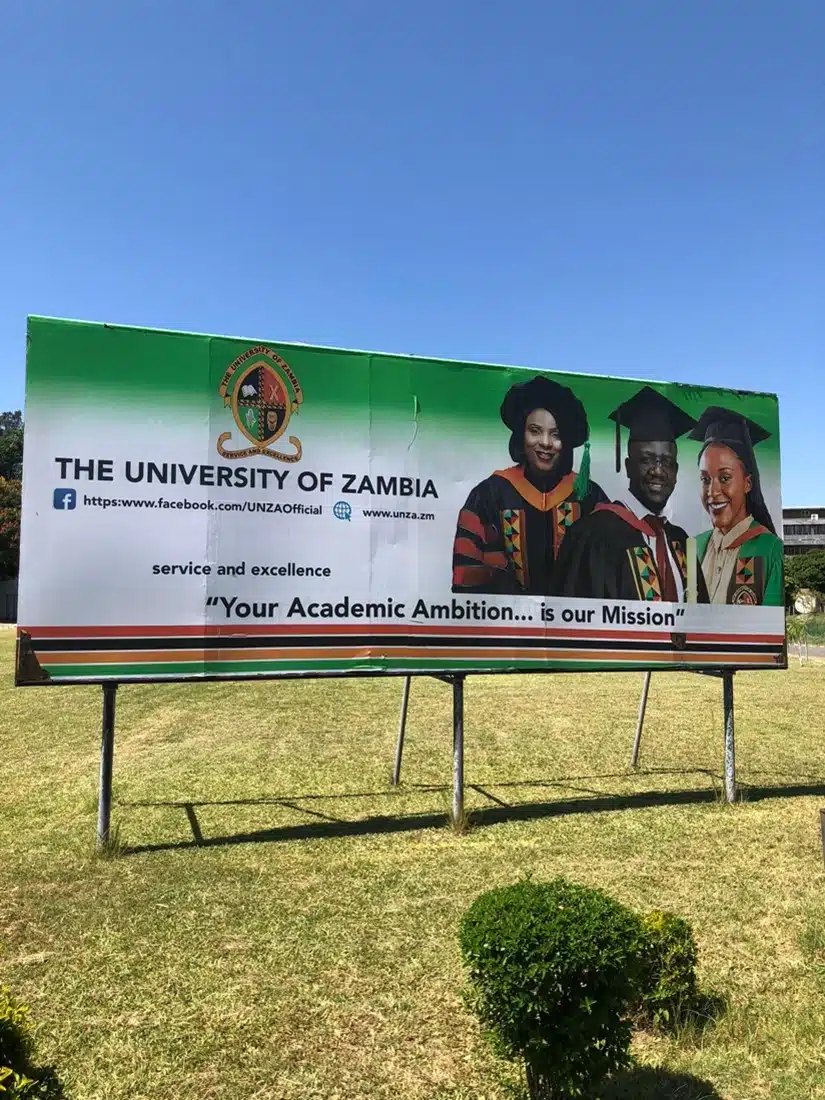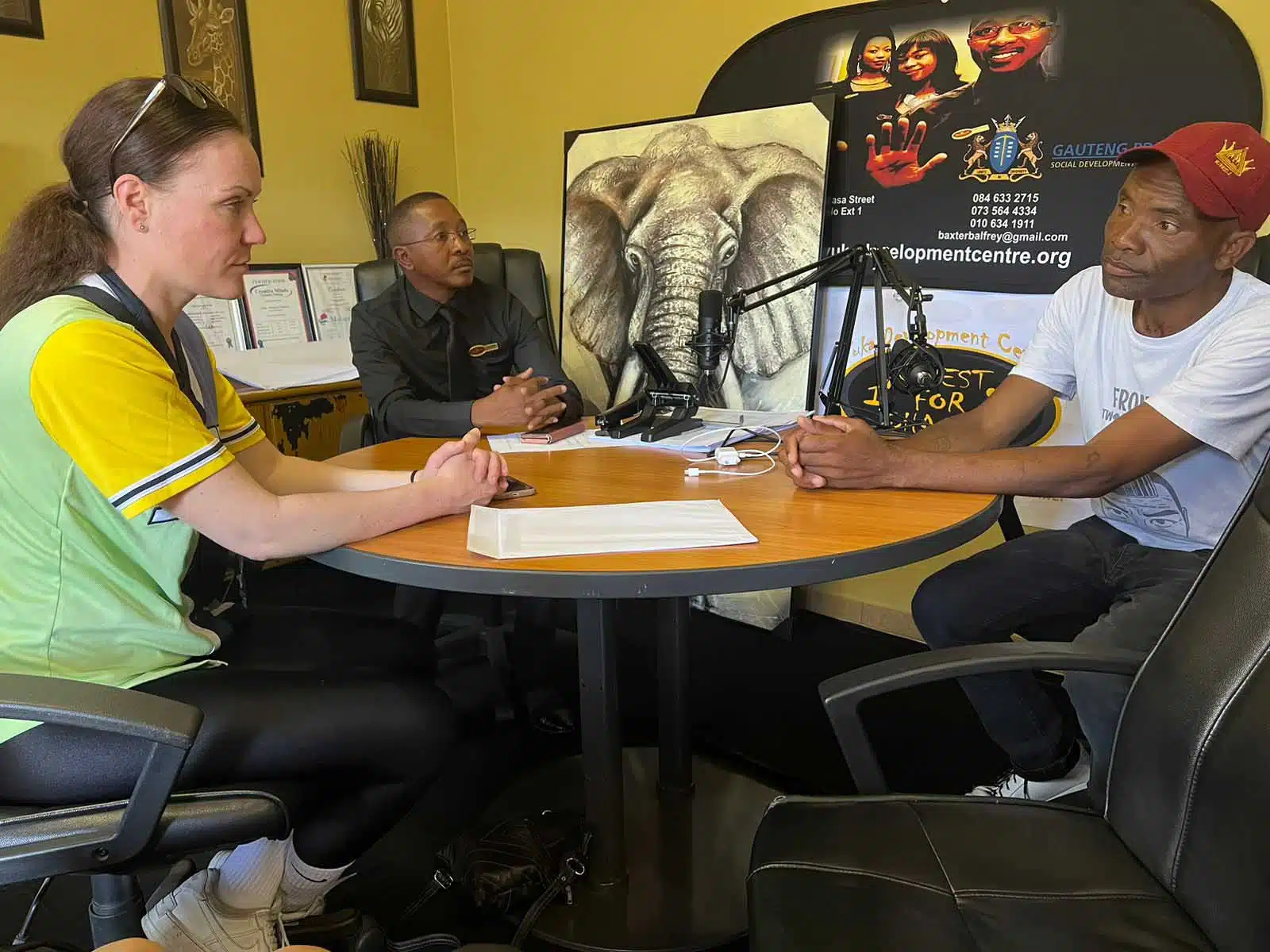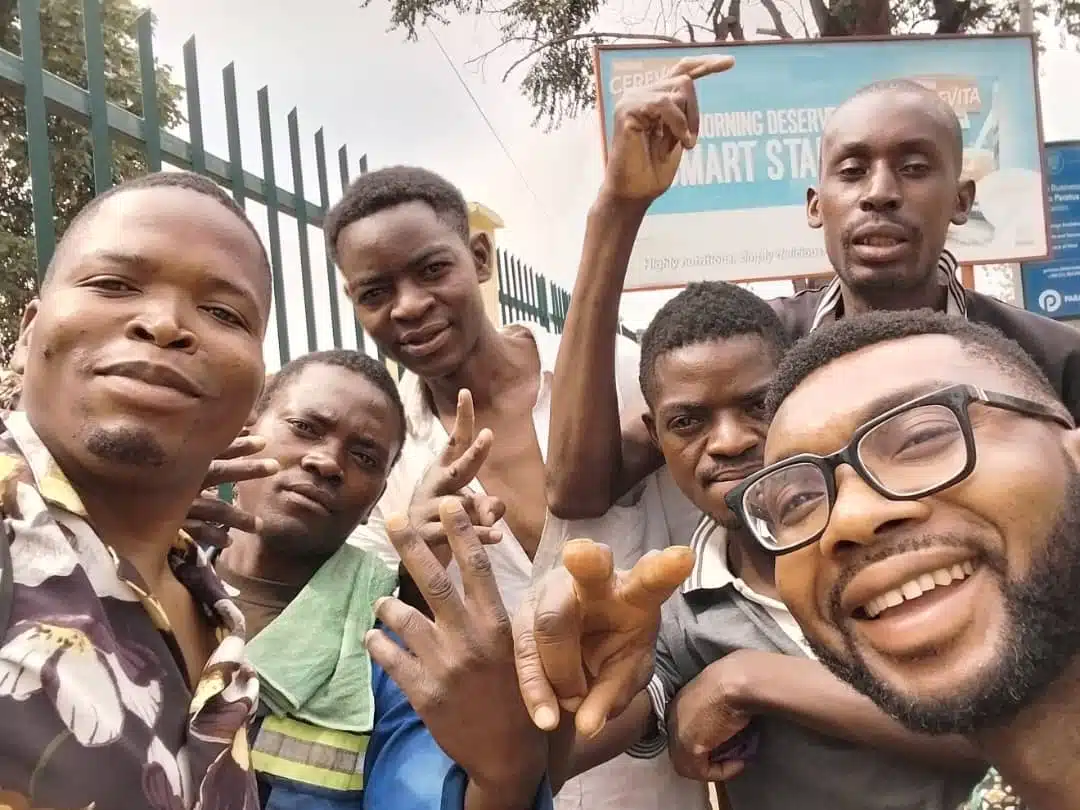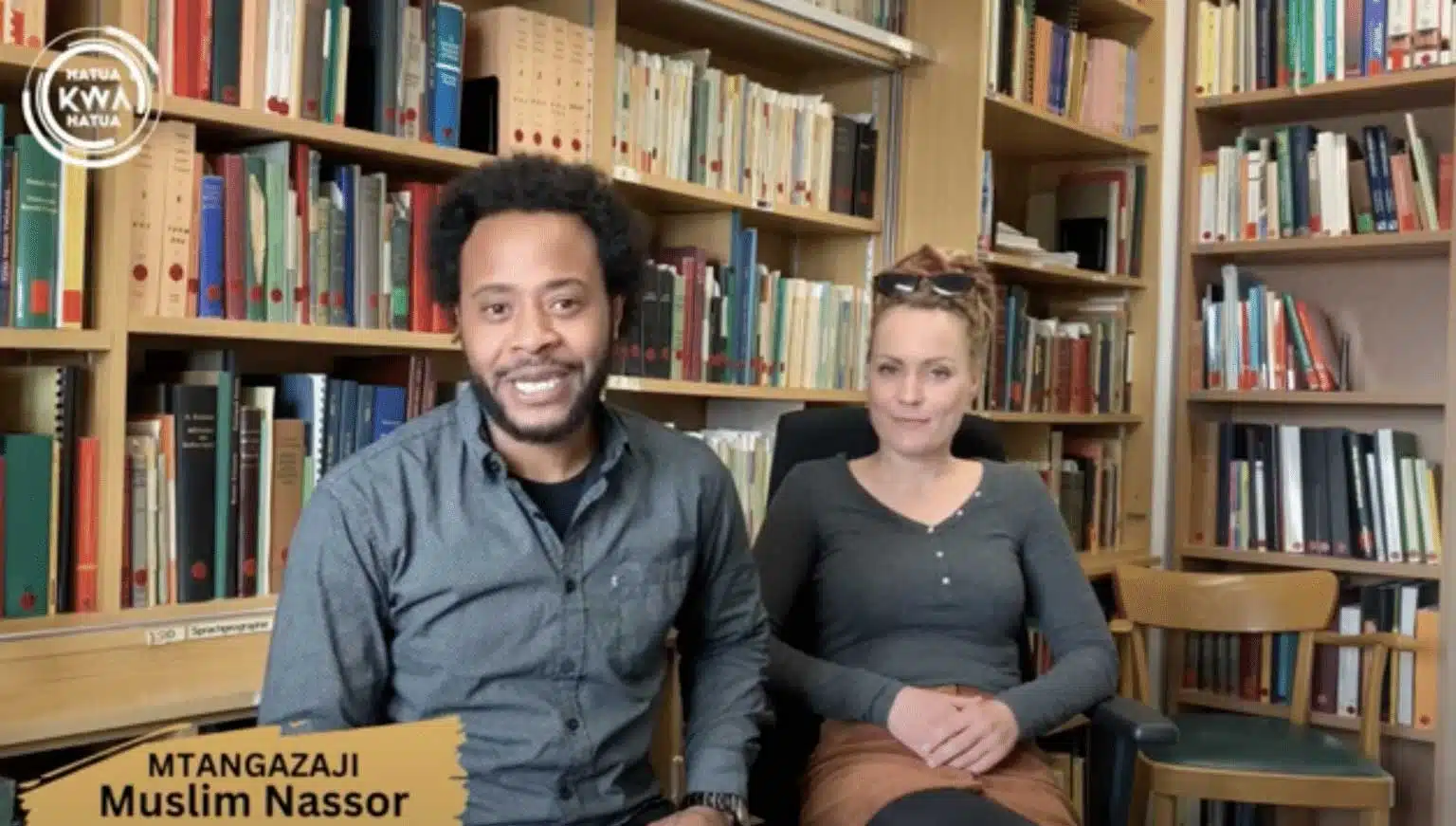Together with my research assistant Faris Ramadhani I explored Kiswahili youth language practices, often referred to as lugha ya mtaani in Stone Town, Zanzibar and in Dar es Salaam. With our project’s focus on microvariation, it was quite exciting to learn about the differences between Zanzibari and “bongo” language practices. When asking speakers about differences between lugha ya mtaani of Zanzibar and Dar es Salaam, we learned a lot about language ideologies and attitudes as well. While these spaces are of course very connected and the people mobile with a lot of movement and migration between island and main land, attitudes and ideologies about other’s youth language practices are often expressed with mockery and jokes. Another very interesting thing that I learned is that there are specific and usually named chill spots, called maskani in lugha ya mtaani, where young people come together and hang out. These spots are often strongholds and creative hubs for youth language practices and the sharing of new words and ways of speaking. Apart from maskanis and individual interviews, important spots for youth culture and language practice are clubs, concerts and festivals, as music constitutes an important vehicle for lugha ya mtaani as well.
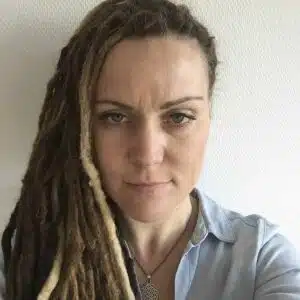
Andrea Hollington
Post Doc, Johannes Gutenberg University Mainz

